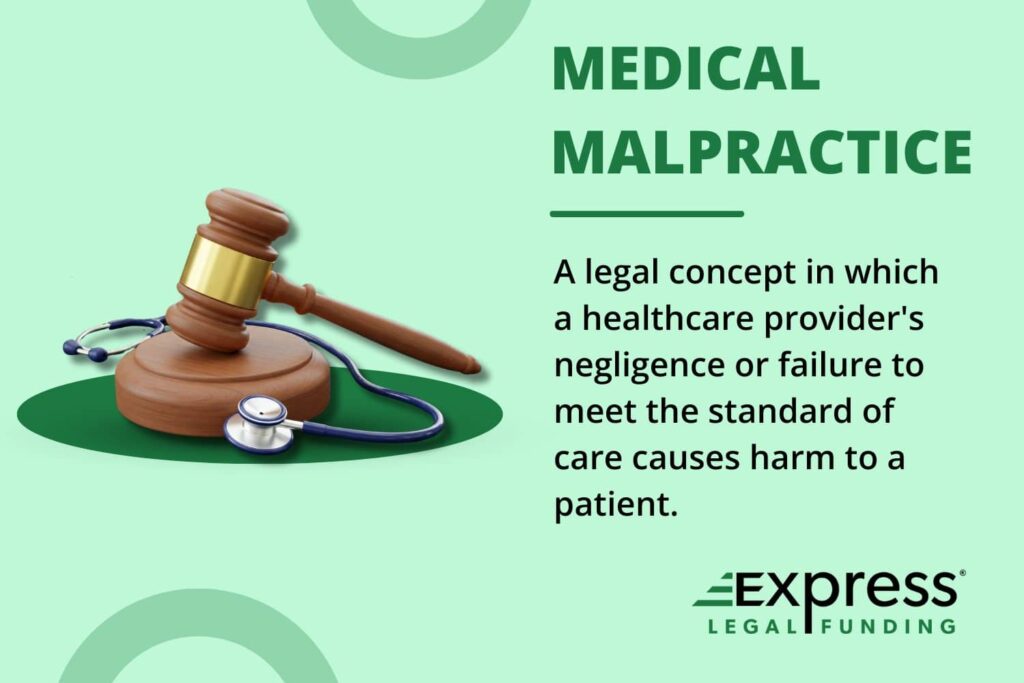When a trusted medical professional fails to provide the standard /personal-injury-lawyer-guideof care expected in their profession, the results can be devastating. From misdiagnoses and surgical errors to medication mistakes and birth injuries, victims of medical negligence often face life-changing consequences. This is where a medical malpractice lawyerhttp://NIH.gov plays a critical role.
In this detailed guide, we’ll explore what medical is, how legal claims work, how to choose the right attorney, and what to expect during your case. Whether you’re a victim seeking justice or a family member of someone harmed, this comprehensive article will help you understand your legal options.

1. What Is Medical Malpractice?
Medical occurs when a healthcare provider’s negligent act or omission causes injury to a patient. It is considered a civil tort and is usually resolved in a court of law.
Examples of malpractice include:
- Performing surgery on the wrong site
- Misdiagnosing a serious condition like cancer
- Failing to administer proper medication
- Not acting on test results in a timely manner
- Childbirth injuries due to doctor error
In these situations, a medical malpractice lawyer can help you pursue compensation for medical costs, lost wages, pain, and suffering.
Table of Contents
2. The Role of a Medical Malpractice Lawyer
A medical malpractice lawyer specializes in lawsuits related to professional medical negligence. Their responsibilities include:
- Reviewing your medical records
- Consulting with expert witnesses
- Establishing a breach in the standard of care
- Filing legal documents
- Negotiating settlements or representing you at trial
They serve as both a legal advisor and advocate, guiding you through a complex legal and medical system.
3. Types of Medical Malpractice Cases
Malpractice can occur in various medical settings. Some common examples include:
a. Surgical Errors
- Wrong-site surgery
- Leaving tools inside the patient
- Operating on the wrong patient
b. Misdiagnosis or Delayed Diagnosis
- Failure to identify life-threatening conditions in time
c. Medication Errors
- Prescribing the wrong dosage or medication
d. Anesthesia Mistakes
- Failing to monitor the patient
- Administering too much anesthesia
e. Birth Injuries
- Cerebral palsy
- Brain injuries due to lack of oxygen
4. Legal Elements Required to Prove a Malpractice Case
A successful medical malpractice case must prove the following:
- Duty of Care: The healthcare provider owed you a duty of care
- Breach of Duty: The provider violated this duty
- Causation: This breach caused your injury
- Damages: You suffered measurable harm (physical, emotional, financial)
Proving these elements often requires testimony from medical experts, which your medical malpractice lawyer will organize and manage.
5. How to Find the Right Medical Malpractice Lawyer
Choosing the right legal representation can make or break your case. Here are tips to help:
- Experience Matters: Look for lawyers who specialize in medical malpractice, not general personal injury.
- Track Record: Check their success rate and types of cases won.
- Trial Experience: Some attorneys prefer settlements; others are skilled trial lawyers.
- State Licensing: Ensure they are licensed to practice in your state.
- Medical Knowledge: They should understand medical jargon and procedures.
You can start by checking your local bar association or searching online legal directories such as:
6. Questions to Ask Before Hiring a Lawyer
Interviewing potential attorneys is a smart move. Ask the following:
- Have you handled cases like mine before?
- What’s your success rate?
- How long will the process take?
- Will I be responsible for any upfront costs?
- How do you charge for your services?
7. Legal Process: What to Expect
Hiring a medical malpractice lawyer initiates a structured legal process:
Step 1: Consultation and Case Review
The lawyer evaluates your case, often free of charge.
Step 2: Medical Record Analysis
They gather and review all medical documentation.
Step 3: Filing a Claim
The lawyer files a lawsuit on your behalf.
Step 4: Discovery Phase
Both parties exchange information and take depositions.
Step 5: Negotiation or Trial
Most cases settle, but if not, they go to court.
8. Damages in Medical Malpractice Lawsuits
If your case is successful, you may be entitled to various damages:
- Economic Damages: Medical expenses, lost income
- Non-Economic Damages: Pain, suffering, emotional distress
- Punitive Damages: In rare cases, courts may punish particularly reckless behavior
Your medical malpractice lawyer will work to maximize your compensation through documentation and expert testimony.
9. Statute of Limitations
Time limits vary by state. Generally, you must file a lawsuit within 1 to 3 years of the injury or when it was discovered. Some states also impose a “discovery rule” for delayed symptoms. Missing the deadline can bar you from any legal recovery, so it’s crucial to consult a lawyer immediately.
10. Real-Life Case Studies
Case 1: $3 Million Surgical Error Settlement
A woman in New York was awarded $3 million after a sponge was left inside her abdomen during surgery. Her medical malpractice lawyer proved clear negligence.
Case 2: Birth Injury in California
Parents received $5.8 million in damages after a botched delivery caused permanent brain damage to their newborn.
These examples show how critical a knowledgeable attorney is in securing justice.
11. Cost of Hiring a Medical Malpractice Lawyer
Most malpractice lawyers work on a contingency fee basis. This means:
- You pay nothing upfront
- The lawyer takes a percentage (typically 30–40%) of any settlement or award
- If you lose the case, you owe nothing
This system allows victims to pursue justice without financial barriers.
12. Final Thoughts
Medical errors can destroy lives—but with the right legal help, victims can get justice and compensation. A skilled medical malpractice lawyer knows how to navigate the complex intersection of healthcare and law to ensure your voice is heard and your suffering is not ignored.
Whether you’re dealing with a misdiagnosis, surgical error, or a tragic birth injury, hiring a trusted legal expert is the first step toward closure and compensation.